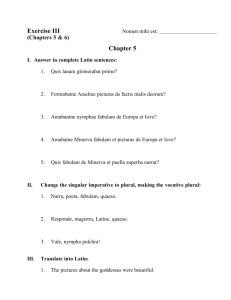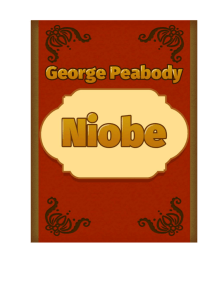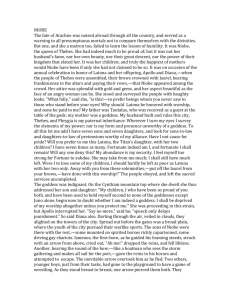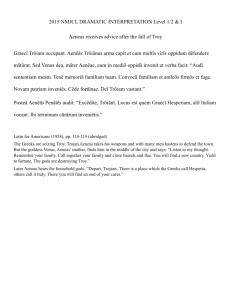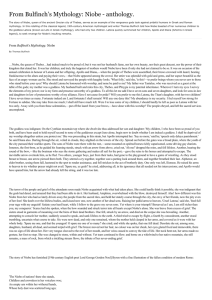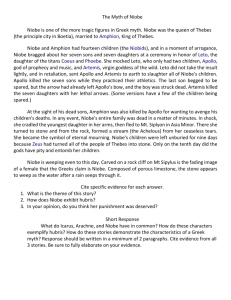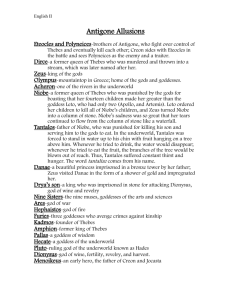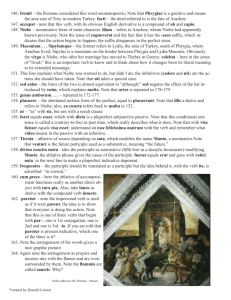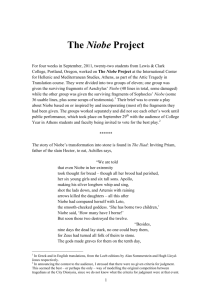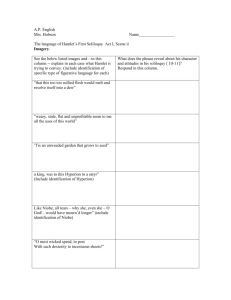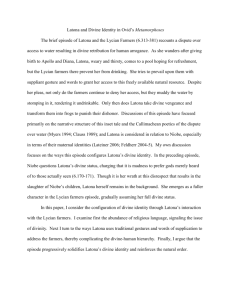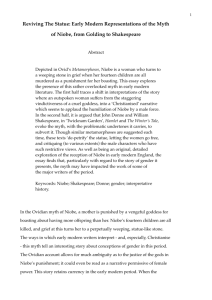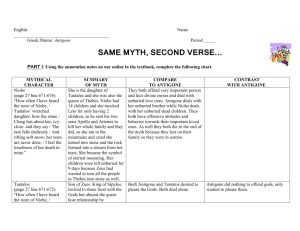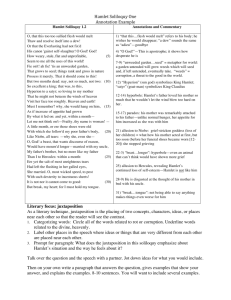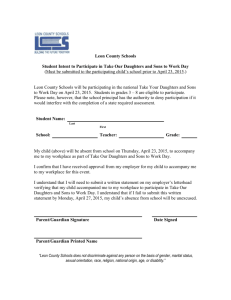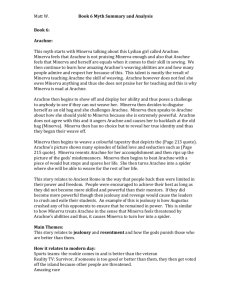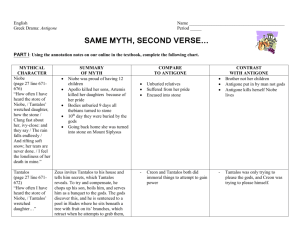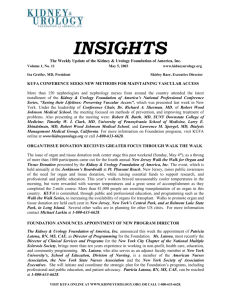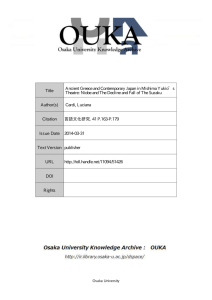Ovid Pages 16-17 Niobe.indd
advertisement
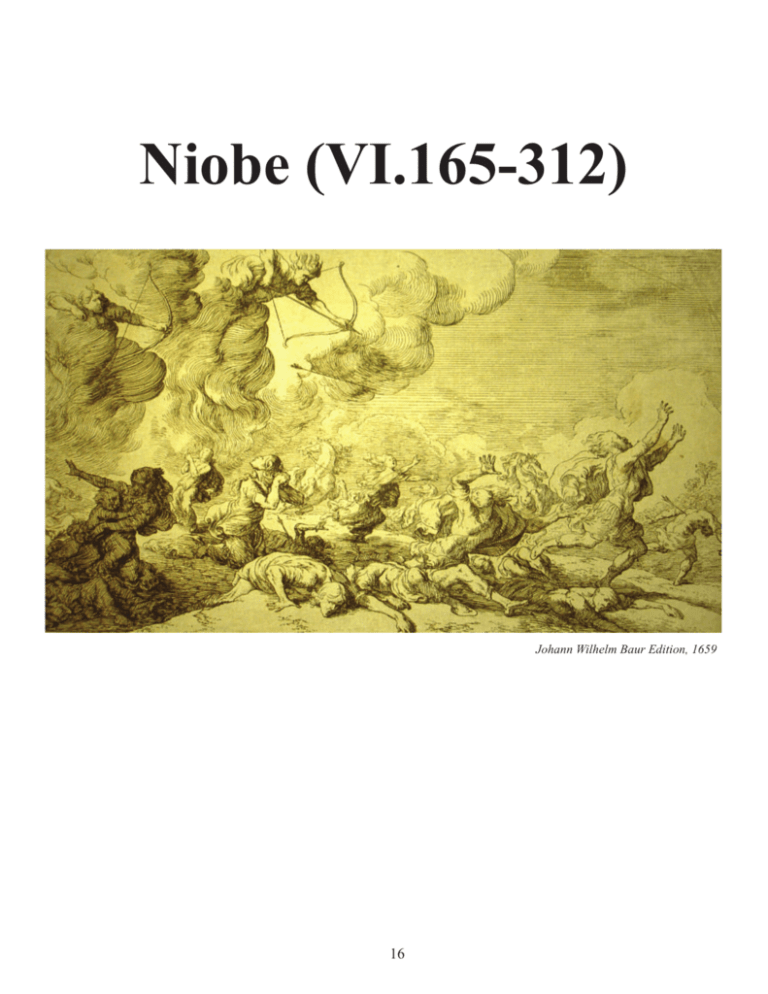
Niobe (VI.165-312) Johann Wilhelm Baur Edition, 1659 16 Niobe (VI.165-312) The story of Niobe follows Pallas Athena’s account of Arachne, a low-born weaver who dared to challenge Athena at one of her prime skills. Athena tells the story as a continuation of the idea of mortals battling against the gods as the daughters of Peiros sang in a contest with the muses; they were changed into magpies, while the interesting and unusual character of Arachne is turned into a spider. Her story leads to another mortal, Niobe, who dares to vie with the gods, not in skills common to both but on more elemental levels. Niobe claims for herself divinity because of her ancestry and wealth and because a comparison with Latona puts her ahead in the child-bearing contest. Latona, not one to suffer ridicule after Juno’s persecution, complains to her two divine children, who strip Niobe with their arrows of her greatest possession, the seven sons and seven daughters. One should note the characterization of Niobe depends on her speech, which could easily serve as an example of superbia or hubris. Ovid provides a great amount of vivid detail to describe the violent deaths of the sons, as they are slaughtered while exercising outside Thebes. The girls, without names and lacking any real distinctions, are killed as they mourn for their brothers, bodies piling up anonymously. Whether this restraint is chivalrous or represents a distaste for killing women, Ovid does linger over the death of the final child, the youngest and smallest, the runt of Niobe’s litter. The moral is in line with those of the two previous stories; but here the victims are not those who battled against the gods and lost, but innocent children, as well as a husband, who are made to serve as exempla for a mother focused more on her status than on her children. Outline: 165-203 Niobe confronts a band of Theban women about to honor Latona and turns them away by claiming to be as worthy of adoration as Latona, and blessed with more children. 204-217 Latona protests to her two children, Apollo and Diana, who head to Thebes to avenge their insulted mother. 218-266 Niobe’s seven sons are slain by Apollo’s arrows. 267-285 Niobe, saddened by the loss of seven sons and her husband’s suicide, boasts that she still has more children. 286-301 Diana kills the seven daughters. 301-312 The grief-stricken Niobe hardens, is transformed and transported to her homeland as a mountain peak that still sheds tears. 17
